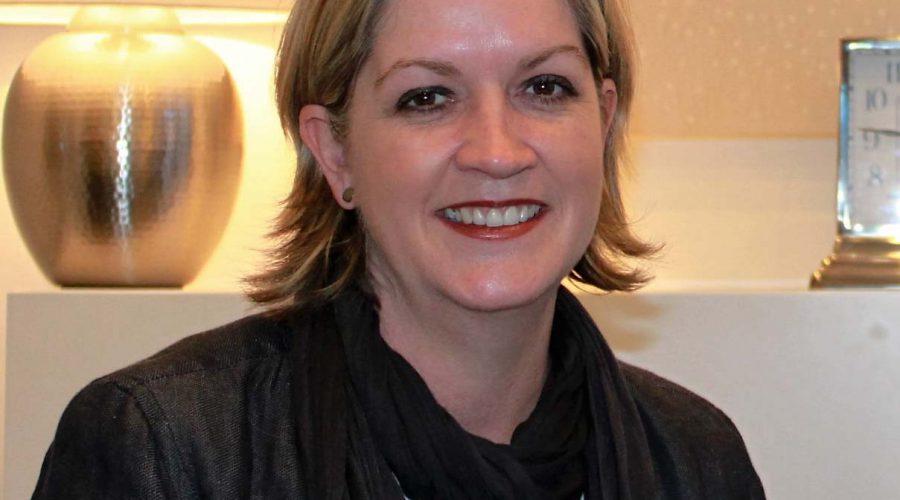What’s it take to become one of the most in demand female speakers in Australia? Surviving subzero temperatures and being an extraordinary leader are just part of the recipe.
After responding to a newspaper advert, Rachael Robertson, a former chief park ranger, was selected to lead a group of strangers to Davis Station in Antarctica.
For a year she honed her extreme leadership skills, managing a team of diverse personalities in subzero conditions and months of complete darkness.
In this podcast interview with The Constant Investor, Rachael explains how learnings from this experience have seen her become an in demand speaker and global expert in leadership and teamwork.
Prior to her experience at Davis Station, Rachael thought she struggled with time management.
It took a few weeks on the ice for Rachael to realise time management wasn’t the issue, it was her inability to set boundaries and say no.
It was a light bulb moment when one evening some team members knocked on her door with an issue and she got up to sort it out.
“I realised I couldn’t be available 24 hours a day, every day for a year. I realised in my corporate role when someone asked if I had a minute, I’d always respond with yes. Even if I didn’t have a minute.
As a leader, it is critical to establish boundaries, beginning with clear job roles and expectations.
When a team are living and working together in extreme conditions personal conflicts can become magnified.
Rachael knew if her team failed to address each other directly on an issue, it could drag on indefinitely, wasting time and energy.
One of her legacies was coaching the team in no triangles, the practice of having a direct, often difficult, conversation with the source, rather than speaking about the person or the issue to someone else.
“I had to find a way to get the team addressing each other rather than directly running to me the whole time.
“That was the simple, most important tool we used” she says.
Rachael shares her own “bacon war” experience at the station as a humorous but insightful look into what happens when respect between team members breaks down.
The bacon war was disagreement that erupted between two teams over the way bacon should be cooked.
Team one was for crispy bacon, team two was for soft bacon.
The bacon issue was actually a catalyst for a deeper problem, a rift had grown between the teams because of a dispute over a vehicle.
Bacon wars occur in every office.
Small irritations between colleagues or teams that are the catalyst for deeper issues, often to do with respect.
Rachael’s advice for leaders is probe the surface of a bacon war to get to the heart of what’s really going on.
“One of the most important qualities for leaders is self-awareness” she says.
Her habit of journaling became an invaluable part of her daily routine while leading in Antarctica.
In the absence of anyone tapping her on the shoulder and giving feedback, journaling was her way to download the day’s events and reflect on how she’d handled things.
Could she have done something different, what worked, what didn’t?
Journaling and reflective note taking is discipline she maintains today.













